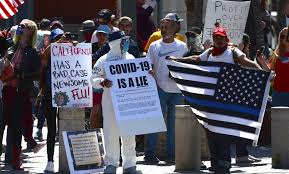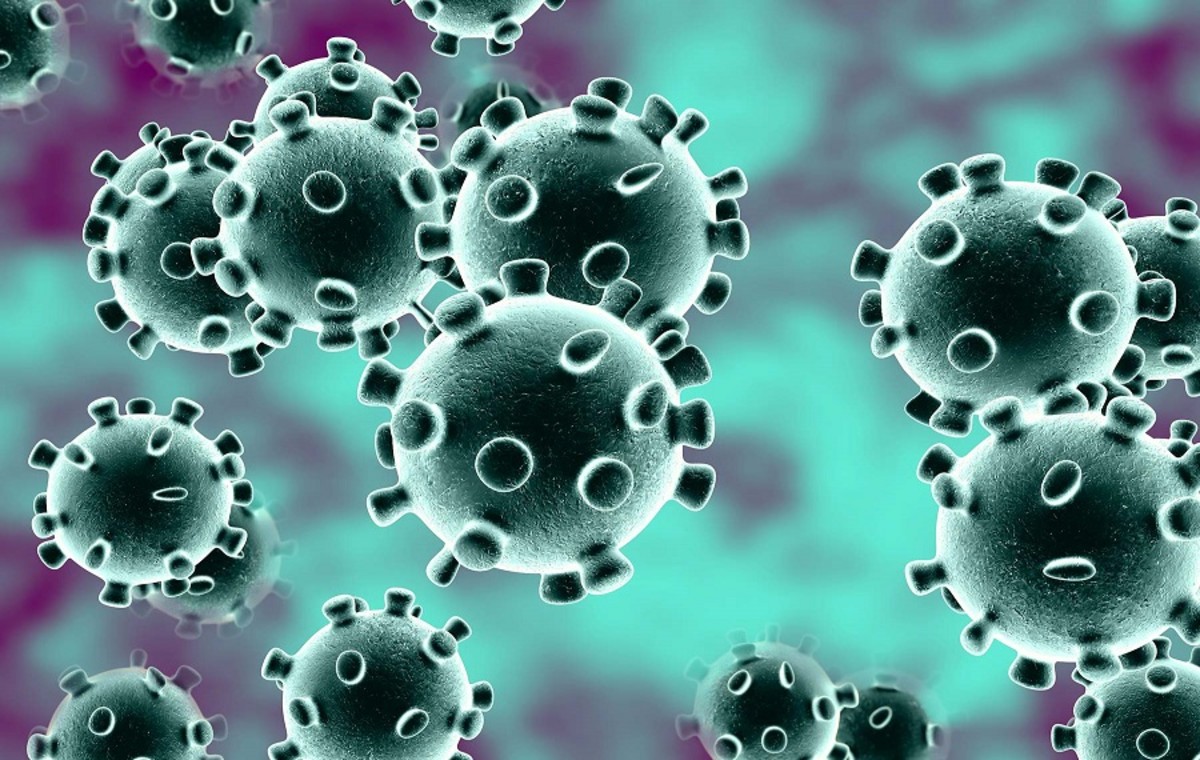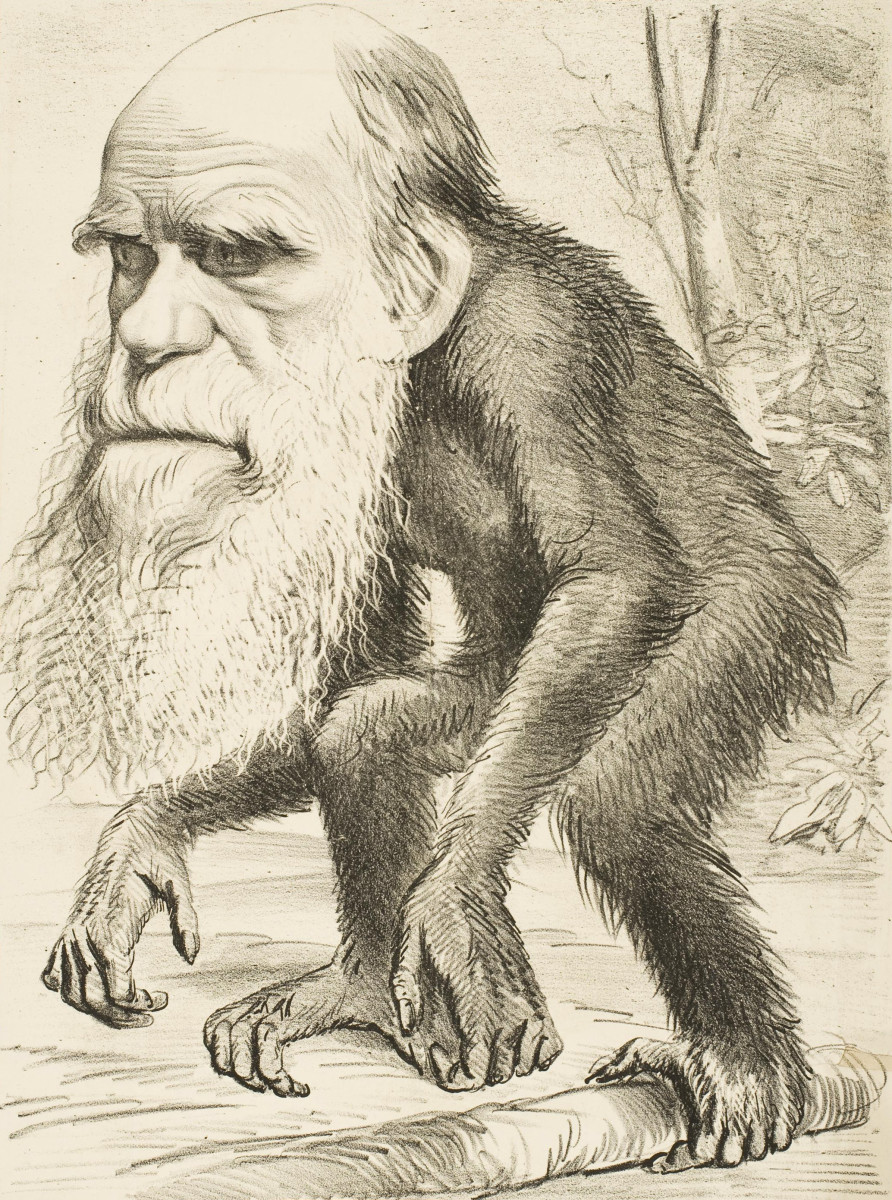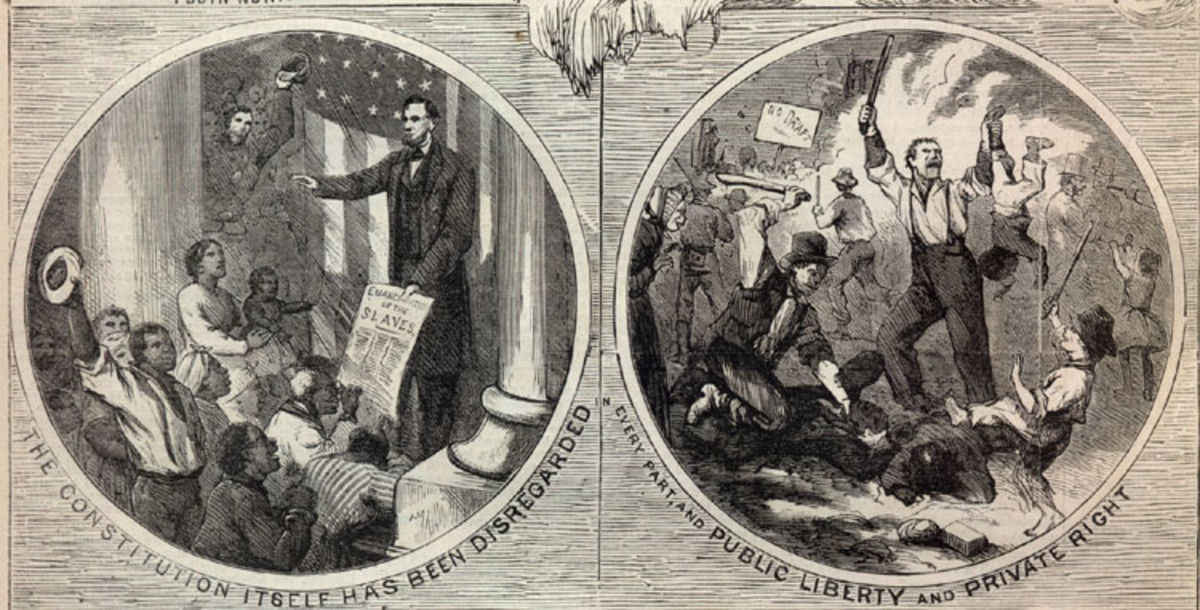A Few Observations Regarding the Pandemic (so far)

Why American Humans are so Ill-equipped
I have not been in the best frame of mind lately. Maybe the developments of the first half of this year are starting to wear on me. Maybe I’m just getting old and ornery. I’m hoping that writing this little blog will be a bit therapeutic. You may find it therapeutic to post memes and articles about the importance of wearing masks and practicing social distancing. But if your goal is to bring about change through social networking, I suspect that you are largely wasting your time. You are either preaching to the choir or trying to overcome human and cultural traits that have very deep roots.
Having now lived through a pandemic in the United States for several months, there are a few simple yet profound truths about humanity in general and Americans in particular that keep jumping out at me. All of them, to a certain extent, help to explain why the United States is doing such a lousy job at containing this thing.
The first very simple observation is that humans are inherently social creatures. As a general rule, this is one of our great strengths, a quality that has helped us to dominate the planet. While modern humans conduct much of their social interaction virtually through our smart phones, we still have a deep need for human contact. This need is so deep, in fact, that we will choose a slight risk of death over loneliness. It is possible that a disease with a much higher death rate than Covid-19 would convince us to stick with social distancing for a much longer period of time. But even in this case, I suspect that most people could only tolerate physical isolation for so long. They would rather to die living amongst others than deteriorate slowly in their caves.
The second often recognized observation is that humans are highly adaptable. We have a remarkable capacity, even in the face of major dangers and suffering, to adjust quickly to the new normal. Modern people, particularly those blessed with living in a wealthy society, tend to be more risk averse and easily frightened than people of the past. We saw this clearly in the early days of the Covid-19 outbreak when a relatively small number of deaths scared the hell out of people. But now, even as the United States has about 50,000 – 60,000 new cases a day and will soon likely return to several thousand deaths per day, many people are living as if it is business as usual. Some of this may be the result of pandemic burnout and of that need for social contact that I mentioned earlier. But a lot of this is simply humanity adjusting to the new normal. Death from disease has been a fact of life for as long as humans have walked the earth. This pandemic has just reminded us of something that people accepted as a basic fact of life for thousands of years. Since the human race has survived far worse, we clearly have an innate capacity to keep on living in spite of whatever viruses might be lurking out there.
This third observation is more unique to the United States. Ever since this nation was born, and I would say even during British colonial times, we have been a uniquely individualistic place. We have always tended to draw individualistic risk-takers willing to cross a hostile border or an ocean in order to have a shot at starting a new life. This has always been one of our nation’s great strengths. But it is also a reason why Americans tend to be skeptical of too much government aid or power. We don’t like the idea of government telling us what to do or taking our money and spending it on other people or on things we don’t feel we need. This emphasis on individual rights over the collective interest has made American society particularly ill-equipped to handle a pandemic like this. Some people do not believe what the government is telling them. Some people feel that they have the right to continue pursuing the “American Dream” and to choose for themselves the risks they are willing to take. More communal societies with individuals accustomed to taking orders without question and thinking about people other than themselves have handled this pandemic better. This is not to say that these are superior societies. They just happen to be better suited for this type of a crisis.
At the moment, more than half of the new cases of Covid-19 in the United States are people in the 18-40 age bracket. In a sense, this is good news since these are the people least at risk of dying. This may be why young people are willing to engage in the behaviors that increase the chances of transmission. Others might argue that young people in general tend to have less common sense, a more intense need for social interaction, and/or tend to be even more self-centered than the average American. But there may also be one other factor in the current choices that some young people are making. Many may be wondering why they should be making sacrifices in order to protect the health of older people. Older people, after all, have not exactly been bending over backwards to make life easier for them or to protect the planet of the future. If older people don’t want to do much of anything to stop climate change or to give up some of their Social Security or Medicare benefits in order to reduce the national debt, then why the hell should young people stay home all day in order to prevent catching Covid-19 and then giving it to an older person? So carpe diem baby. There’s no guarantee that this country and world will be any better off in the future than it is right now.








